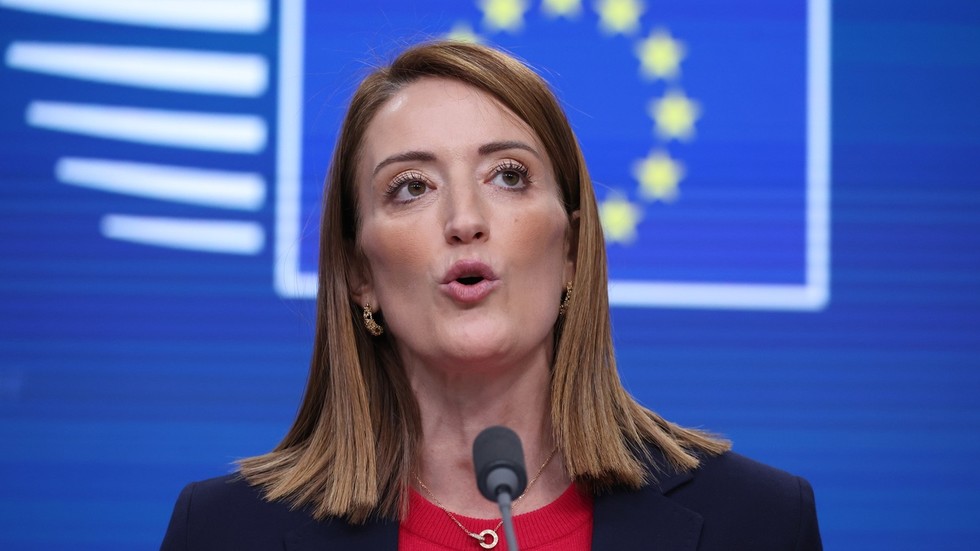How Atiku Would Have Managed Subsidy Removal and FX Reforms
Former Vice President Atiku Abubakar recently outlined how he would have approached fuel subsidy removal and foreign exchange (FX) reforms if he had been elected President. Atiku criticized the current approach, stating that a phased plan focused on corruption control and economic support would have been more effective.
Atiku explained that his first priority would have been tackling corruption within the subsidy system, particularly at the Nigerian National Petroleum Corporation Limited (NNPCL), which he described as benefiting from the current structure. He proposed restructuring NNPCL and privatizing state-owned refineries to improve efficiency and help Nigeria refine 50% of its oil domestically.
He also advocated for a gradual removal of the subsidy, similar to the phased approach he employed as Vice President, allowing adjustments to limit disruptions. Part of this plan included a robust social protection program to help those most affected by rising costs, with funds redirected to infrastructure, education, healthcare, and rural development.
Regarding FX reforms, Atiku opposed an immediate shift to a floating exchange rate, suggesting instead a managed float to prevent economic shocks. He criticized the multiple exchange rate system, noting it has benefited only middlemen and rent-seekers, and proposed a gradual move to a more unified rate.
Additionally, Atiku envisioned an Economic Stimulus Fund (ESF) with an initial $10 billion for MSMEs, a job skills program for youth, and an Infrastructure Development Unit under the President to coordinate a $25 billion private-sector-driven infrastructure fund. His plan emphasized transparency, targeted subsidies, and fiscal efficiency to stabilize the economy and support development.



